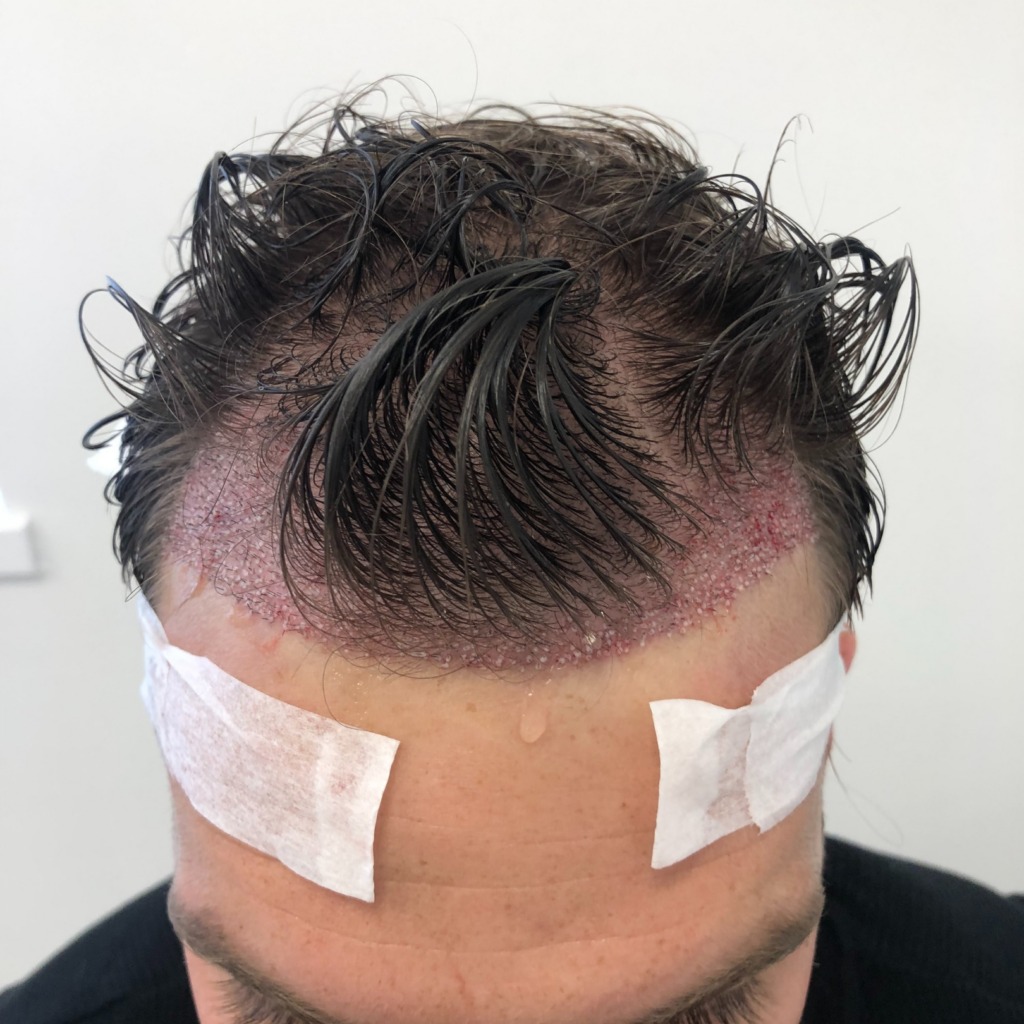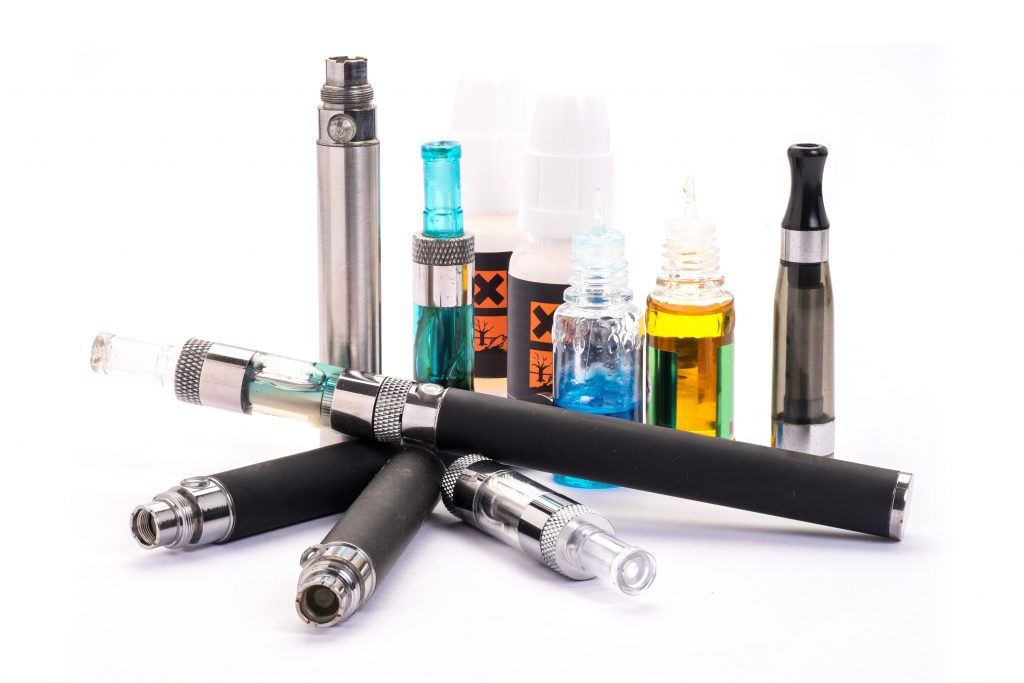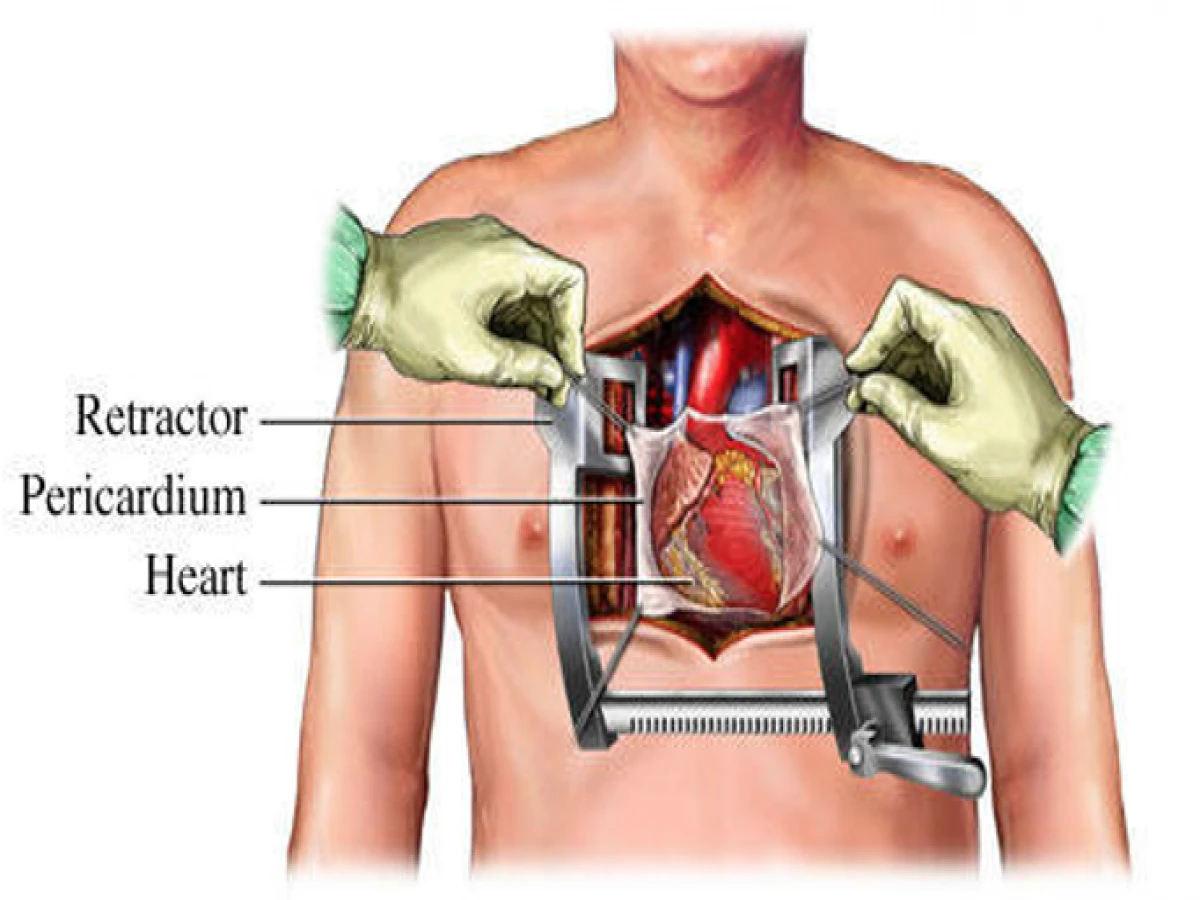Understanding Hair Transplant UK Recovery
Recovering from a Hair transplant uk procedure is a critical phase that determines the overall success of your hair restoration journey. While hair transplant surgery is minimally invasive, proper aftercare ensures that newly transplanted follicles heal correctly and thrive in their new location. Patients can expect some swelling, redness, and minor discomfort in the days following the procedure, which is normal and temporary. Understanding the stages of recovery helps you manage expectations and maintain optimal results.
Immediate Post-Procedure Care
The first 48 hours after a Hair transplant uk are crucial for healing. Patients are advised to avoid touching or scratching the transplanted area to prevent infection or dislodging grafts. Your surgeon may provide a special saline spray to keep the scalp hydrated and promote healing. Sleeping with your head elevated helps reduce swelling and supports proper blood circulation to the scalp. Following these instructions meticulously ensures the best start to your recovery process.
Managing Swelling and Discomfort
Mild swelling around the forehead and eyes is common after a Hair transplant uk, typically peaking around day two or three. Cold compresses and anti-inflammatory medications prescribed by your surgeon can alleviate discomfort. Avoid strenuous physical activity during the first week, as increased blood flow can aggravate swelling and affect the healing grafts. Understanding these nuances of recovery helps you avoid complications and enhances the overall outcome of your hair restoration.
Hair Washing and Scalp Care
Proper scalp hygiene is essential after a Hair transplant uk. Surgeons often recommend gentle washing with a specialized shampoo a few days post-surgery. Use lukewarm water and avoid vigorous rubbing, which can dislodge grafts. Scalp care products recommended by your surgeon are formulated to support healing while maintaining the integrity of newly transplanted follicles. Consistent and gentle cleaning minimizes the risk of infection and ensures a healthy environment for hair growth.
Avoiding Sun Exposure and Environmental Stress
Direct sunlight can be harmful to a recovering scalp after a Hair transplant uk. Ultraviolet rays may irritate the sensitive skin and affect graft survival. Patients should wear loose hats or scarves when going outdoors during the initial recovery period. Additionally, avoiding swimming pools, saunas, and environments with excessive dust or pollution is advisable. Protecting the scalp from environmental stressors is a key component of aftercare that supports long-term hair growth.
Monitoring Hair Shedding and Growth
Some shedding of transplanted hair is normal within the first few weeks after a Hair transplant uk. This is part of the hair growth cycle and should not cause alarm. New hair growth typically begins around three to four months post-procedure, gradually increasing in density over the following months. Patience and proper aftercare are essential during this stage, as consistent monitoring ensures any concerns are addressed promptly by your surgeon.
Nutrition and Lifestyle for Optimal Results
A healthy diet rich in vitamins, minerals, and proteins significantly supports recovery after a Hair transplant uk. Nutrients such as biotin, zinc, and vitamin D promote strong hair growth and scalp health. Avoiding smoking and excessive alcohol consumption is also recommended, as these can impede blood circulation and delay healing. Integrating a balanced lifestyle with proper nutrition enhances the success and longevity of your hair transplant results.
Follow-Up Appointments and Surgeon Guidance
Regular follow-up appointments are an integral part of Hair transplant uk aftercare. Your surgeon will monitor the healing process, address any concerns, and provide additional guidance on hair care routines. Adhering to scheduled check-ins ensures that any potential issues are managed promptly, maximizing the effectiveness of your hair restoration procedure.
Long-Term Maintenance and Expectations
Understanding that full results from a Hair transplant uk may take up to a year helps set realistic expectations. Long-term maintenance includes gentle hair care practices, avoiding trauma to the scalp, and following your surgeon’s recommendations. With proper recovery and diligent aftercare, patients can enjoy a natural and lasting improvement in hair density and overall appearance.
Conclusion
Recovery and aftercare are fundamental to the success of any Hair transplant uk procedure. By following professional guidance, maintaining proper scalp hygiene, protecting against environmental factors, and supporting your body with good nutrition, you ensure the best possible outcomes. Westminster Medical Group is dedicated to helping patients navigate every stage of recovery with expert care, ensuring a smooth journey toward restored hair and renewed confidence.




